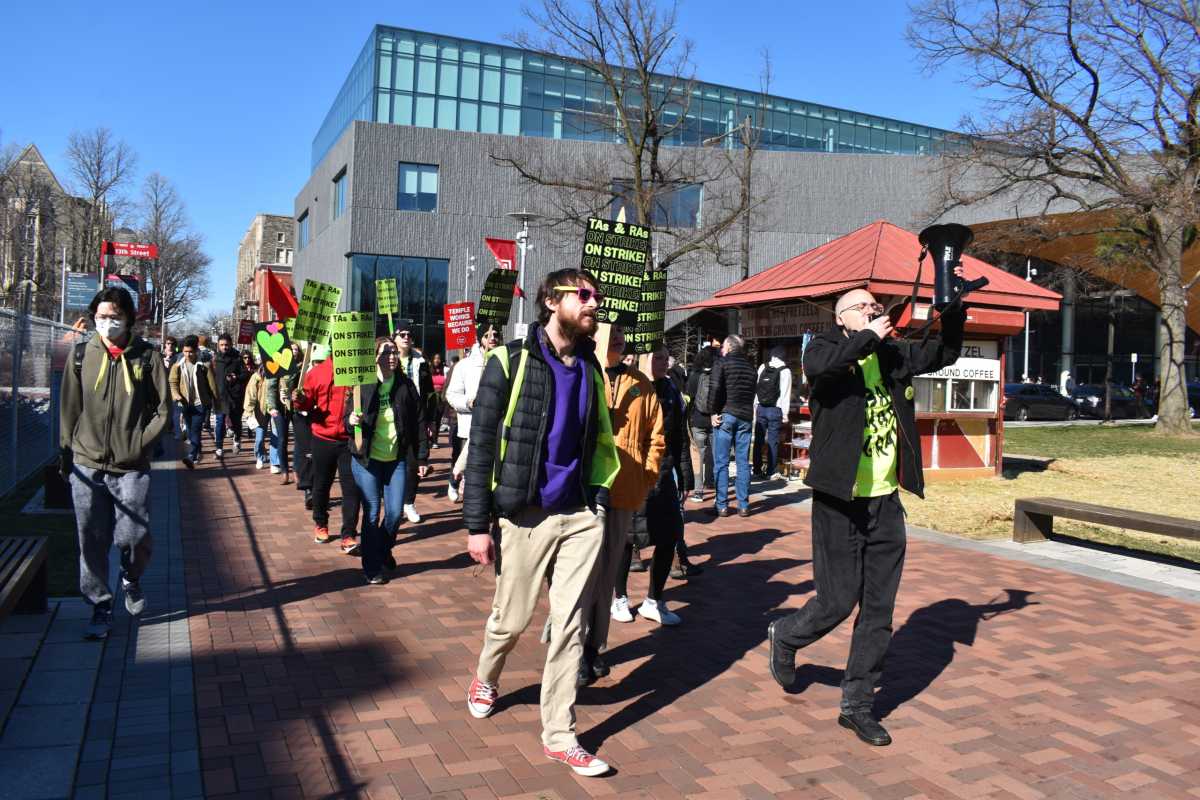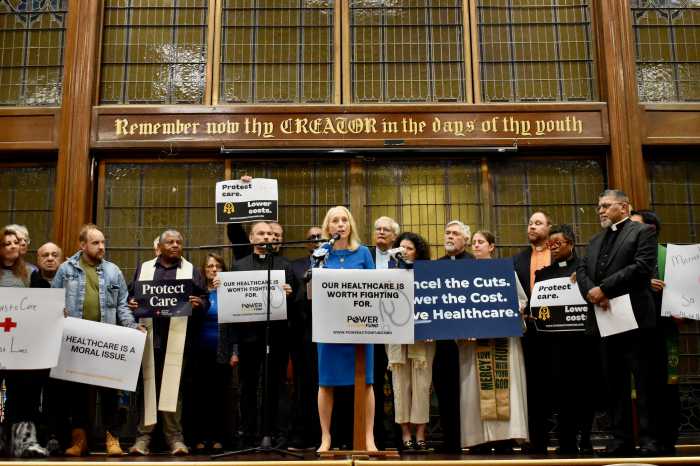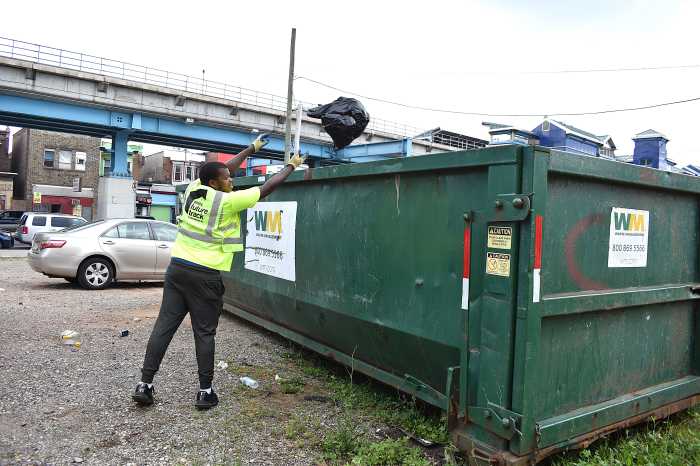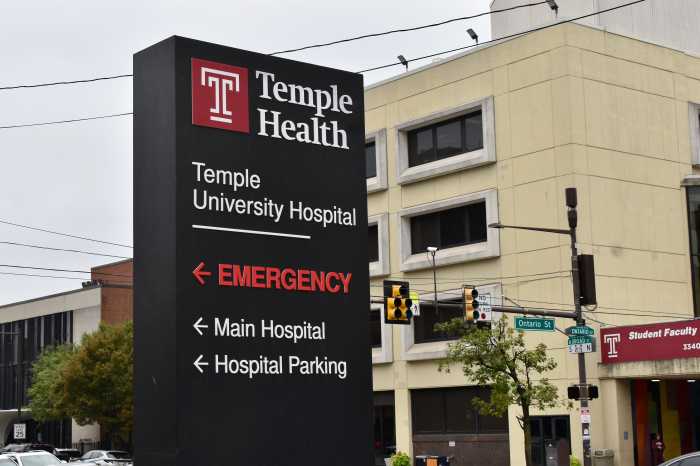Lawmakers rallied with striking Temple University graduate students Tuesday, threatening to ignore the state-affiliated school’s funding requests if an agreement isn’t reached to address the union’s concerns.
Meanwhile, negotiators from the college and the Temple University Graduate Students’ Association, the union representing teaching and research assistants, reopened talks in the hopes of drafting a contract proposal.
TUGSA went on strike Jan. 29, following unsuccessful discussions with Temple after the union’s contract expired last February.
Temple administrators last week said that more than 80% of TUGSA’s 750 members have decided to remain on the job. The union is an “open shop,” meaning membership is optional, and graduate students are not required to join the walkout.
“That number is wrong,” TUGSA organizer Evan Kassof told Metro. “A lot more people have gone on strike.”
The walkout has been covered in the Washington Post, NPR and elsewhere in recent days after Temple notified striking students that it was stripping them of their healthcare benefits and tuition remission.
A tweet from one TUGSA member, doctoral student Madison Ingram, with a screenshot of an email about tuition remission has been viewed more than 11 million times, drawing outrage on social media.
TUGSA is asking university administrators to increase base pay to $32,800 a year for the research and teaching assistants, who currently make an average of $19,500.
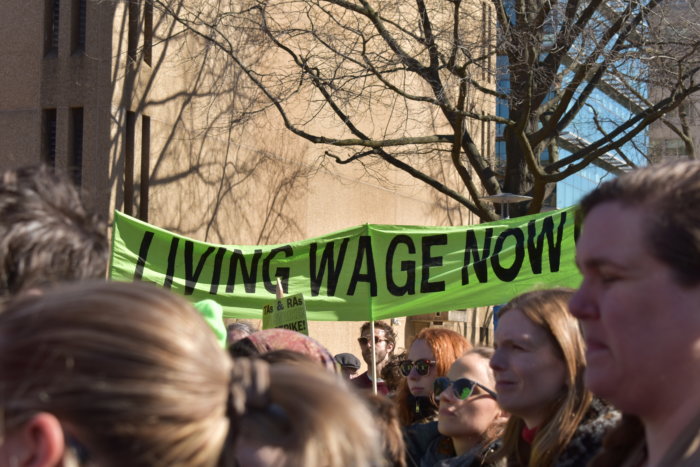
Temple values the tuition remission at $20,000 and, on an online hub for information about the strike, said the employees earn an equivalent of $40,000 for working 20 hours a week for nine months a year.
University officials have said their team “has offered pay increases at levels equivalent to other full-time regular employees.”
Union leaders are also demanding the college extend healthcare benefits to employee dependents, increase paid parental and bereavement leave, and address issues with working conditions.
In a letter sent to students and staff on Tuesday, Provost Gregory Mandel and Chief Operating Officer Ken Kaiser said the university is committed to providing “fair compensation and benefits that are competitive with the market” while ensuring Temple “remains economically sound.”
The Temple administrators also acknowledged that the strike is “challenging to all of us and deeply affects our campus.”
A state mediator facilitated a negotiating meeting Tuesday in Center City. Temple officials described the discussions as “productive,” and another session is scheduled for Thursday.
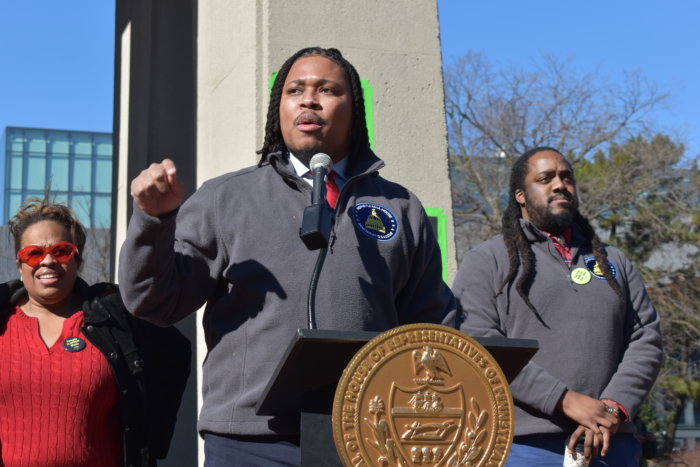
On campus, picketers chanted as they marched down Polett Walk – one of the Temple’s main pedestrian thoroughfares – amid undergraduates hustling to classes.
“I love Temple University. You love Temple University,” state Rep. Malcolm Kenyatta, an alumnus, told strikers during the rally. “But what we don’t love is union-busting. What we don’t love are working people who aren’t able to pay their bills.”
Kenyatta, who organized the rally, brought staff from his office to help TUGSA members enroll in the Supplemental Nutrition Assistance Program, formerly known as food stamps, and other assistance programs.
Another representative, Roni Green, who represents parts of North and West Philadelphia, said she was contacted by a lobbyist last week and asked “to stay neutral” on the strike. She ignored the request, showing up to support TUGSA.
When Temple advocates come searching for budgetary support, state lawmakers are “going to close the doors” if the labor dispute is still ongoing, added Rep. Darisha Parker. The university receives a state subsidy of more than $150 million a year.

Metro is one of more than 20 news organizations producing Broke in Philly, a collaborative reporting project on economic mobility. Read more at brokeinphilly.org or follow on Twitter at @BrokeInPhilly.



